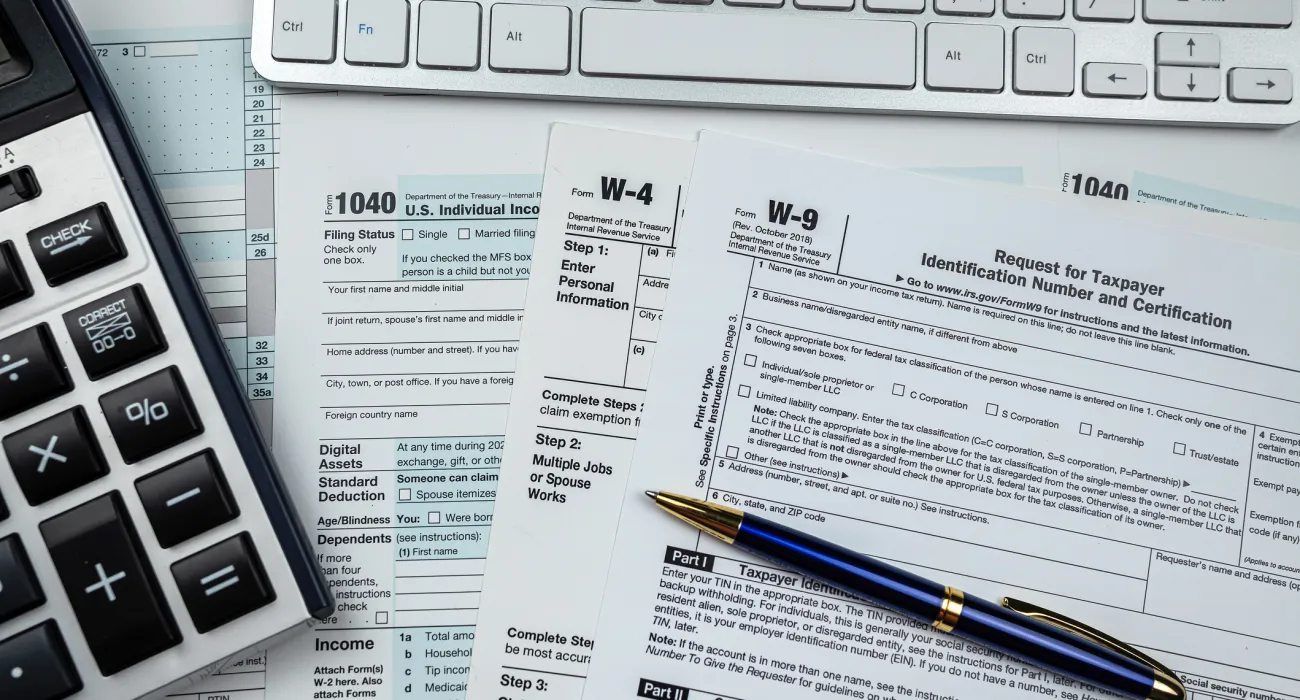As the new year unfolds, many
individuals begin thinking about the arrival of tax season. With the proposed
April 15th deadline (unless you file for an extension), many
individuals decide to start tax planning early so that they can avoid any
surprises. Whether you're a seasoned
taxpayer or a newcomer to the process, one common question often arises: When is
the soonest you can file your taxes?
Understanding the Tax Calendar:
The Internal Revenue Service
(IRS) adheres to a strict tax calendar that outlines important dates for
taxpayers throughout the year. While the official tax filing season typically
begins in late January, the earliest date you can file your federal income tax
return may vary depending on several factors.
1.
IRS
Readiness: The IRS plays a crucial role in
setting the tone for the tax season. Historically, the agency opens its
e-filing system in late January. However, the exact date can fluctuate based on
various considerations, such as legislative changes, system updates, and
procedural adjustments. Taxpayers are advised to stay informed about the IRS's
official announcements to determine when the gates to tax filing will
officially open.
2.
Paper vs.
Electronic Filing: In the digital age, electronic
filing (e-filing) has become the preferred method for submitting tax returns.
E-filing not only expedites the processing of your return but also allows for
faster refunds. While the IRS begins accepting electronic returns in late
January, paper filers may need to wait longer. Understanding the advantages of
e-filing can help you strategize the optimal time to submit your tax documents.
3.
Income
Documentation: The timing of your tax filing is
also contingent on the receipt of necessary income documents. Employers,
financial institutions, and other entities are required to provide W-2s, 1099s,
and other relevant forms by specific deadlines. Waiting for all your income
documentation ensures the accuracy of your return and prevents the need for
amendments later on.
4.
Tax Law
Changes: Tax laws are subject to change, and updates can
impact the timing of tax filing. Keeping abreast of any legislative adjustments
ensures that you file your taxes in accordance with the latest regulations. Be
on the lookout for announcements related to tax law changes and their potential
impact on filing timelines.
The Earliest Filing Dates:
With the deadline of April 15th,
many wonder when is the earliest filing date? Using these options below, the
earliest possible dates to submit your federal tax return are:
1.
E-Filing: As mentioned earlier, the IRS typically opens its
e-filing system in late January. However, specific dates can vary from year to
year. It's crucial to check the IRS website or reliable tax software platforms
for the most up-to-date information on when e-filing becomes available.
2.
Free File
Program: The Free File Program, a collaboration between the
IRS and tax software companies, allows eligible taxpayers to prepare and file
their federal tax returns for free. This program often opens earlier than the
general tax filing season. Eligibility is determined by income, so be sure to
check if you qualify for this early filing option.
- Your AGI must be $73,000 or less to take advantage of free guided tax
preparation.
- Free guided tax preparation is done through one of the IRS' tax
preparation partners.
- If you do not qualify for IRS Free
File, you can download and use fillable forms to file your taxes.
3.
Military
Personnel and Overseas Filers: Members of the military and U.S. citizens living
abroad may benefit from special filing deadlines. The IRS provides extensions
for these groups, allowing them additional time to gather the necessary
documentation and file their returns.
Factors Influencing Your
Decision:
While the allure of filing taxes early is evident,
it's essential to consider various factors that may influence your decision on
when to submit your return.
1. Refund Anticipation: If you're expecting a tax refund, filing early could
expedite the process of receiving your money. However, it's important to note
that factors such as refundable credits, deductions, and the method of payment
(direct deposit or check) can impact the speed at which you receive your
refund.
2. Tax Planning: Filing early provides a clearer financial picture,
allowing you to plan for any tax liabilities or potential refunds.
Understanding your tax situation early on enables you to make informed
financial decisions throughout the year.
3. Avoiding the Last-Minute Rush: Filing early helps you avoid the last-minute rush
that often occurs as the tax deadline approaches. By submitting your return
ahead of time, you reduce the risk of encountering technical issues, delays, or
overlooked details that may arise in the eleventh hour.
The soonest you can file your taxes is contingent on
various factors, including IRS readiness, the method of filing, income
documentation, and tax law changes. While the general tax filing season
typically begins in late January, specific dates can vary, and it's crucial to
stay informed about updates from the IRS. Ultimately, the decision of when to
file your taxes depends on your individual circumstances and financial goals.
Whether you choose to file early for a quicker refund or prefer to take your time
to ensure accuracy, understanding the nuances of the tax calendar empowers you
to make informed decisions throughout the tax-filing process.
If you would like to receive more information on making smart money moves for your future, be sure to contact us today!





